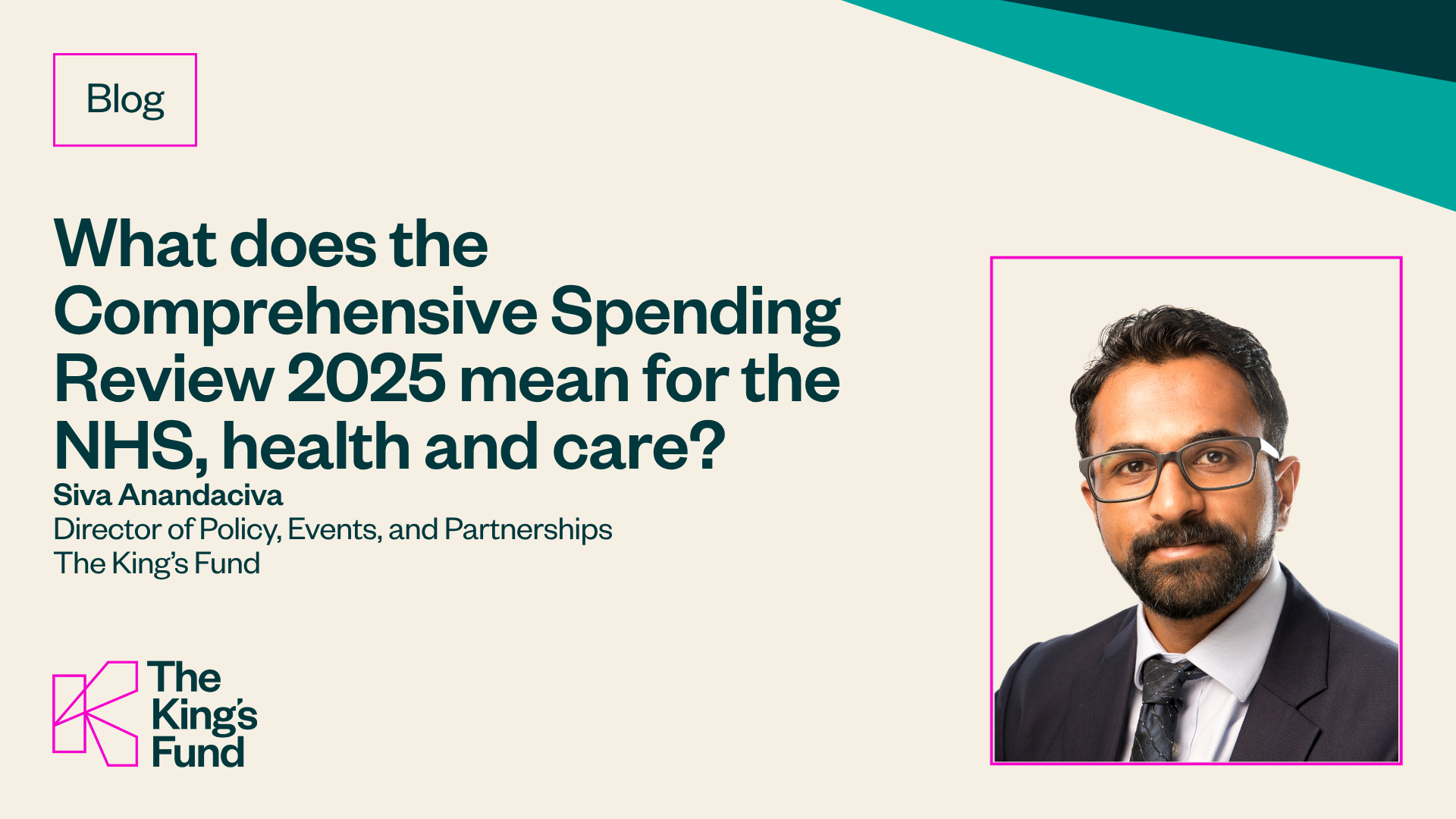Argentina's Healthcare Crisis Deepens: Milei's Reforms Spark Fears and Patient Suffering

President Javier Milei, a self-proclaimed libertarian, has pledged to overhaul Argentina's bloated public sector, viewing it as a significant impediment to economic growth. His approach, often described as a 'chainsaw' strategy, has seen deep cuts across various government ministries, including a substantial reduction in funding for healthcare. The stated goal is to streamline operations, eliminate inefficiencies, and ultimately reduce the burden on taxpayers.
However, the reality on the ground paints a grim picture for many Argentinians, especially those battling cancer. Numerous patients report worsening conditions and difficulty accessing essential treatments, diagnostic tests, and medications. The cuts have led to shortages of supplies, cancelled procedures, and increased waiting times, leaving vulnerable individuals in a precarious position. "I feel like I'm getting sicker every day," shared one cancer patient, reflecting a sentiment echoed by many who rely on the public health system.
Milei's reforms have drawn comparisons to previous attempts at healthcare restructuring, most notably those undertaken during the Trump administration in the United States. Like Trump, Milei has advocated for market-based solutions and a reduction in government intervention. While both leaders share a similar ideological approach, the Argentine context – marked by persistent economic instability and high poverty rates – presents unique challenges. The consequences of these cuts are felt acutely by those who cannot afford private healthcare options.
Healthcare professionals and opposition politicians have strongly criticized Milei's policies, arguing that they are short-sighted and will have devastating long-term consequences. They contend that the cuts will exacerbate existing inequalities and undermine the quality of care for all Argentinians. There are also concerns that the privatization of certain healthcare services will further limit access for low-income populations.
The future of Argentina's healthcare system remains uncertain. Milei's administration insists that the reforms are necessary to stabilize the economy and create a more sustainable system. However, the growing chorus of criticism and the personal stories of suffering are putting increasing pressure on the government to reconsider its approach. Finding a balance between fiscal responsibility and ensuring access to quality healthcare will be a defining challenge for Milei's presidency. The situation demands careful consideration and a commitment to protecting the health and well-being of all Argentinians. The long-term effects of these drastic changes are yet to be fully seen, but the current climate is one of anxiety and uncertainty for those relying on the public health system.





